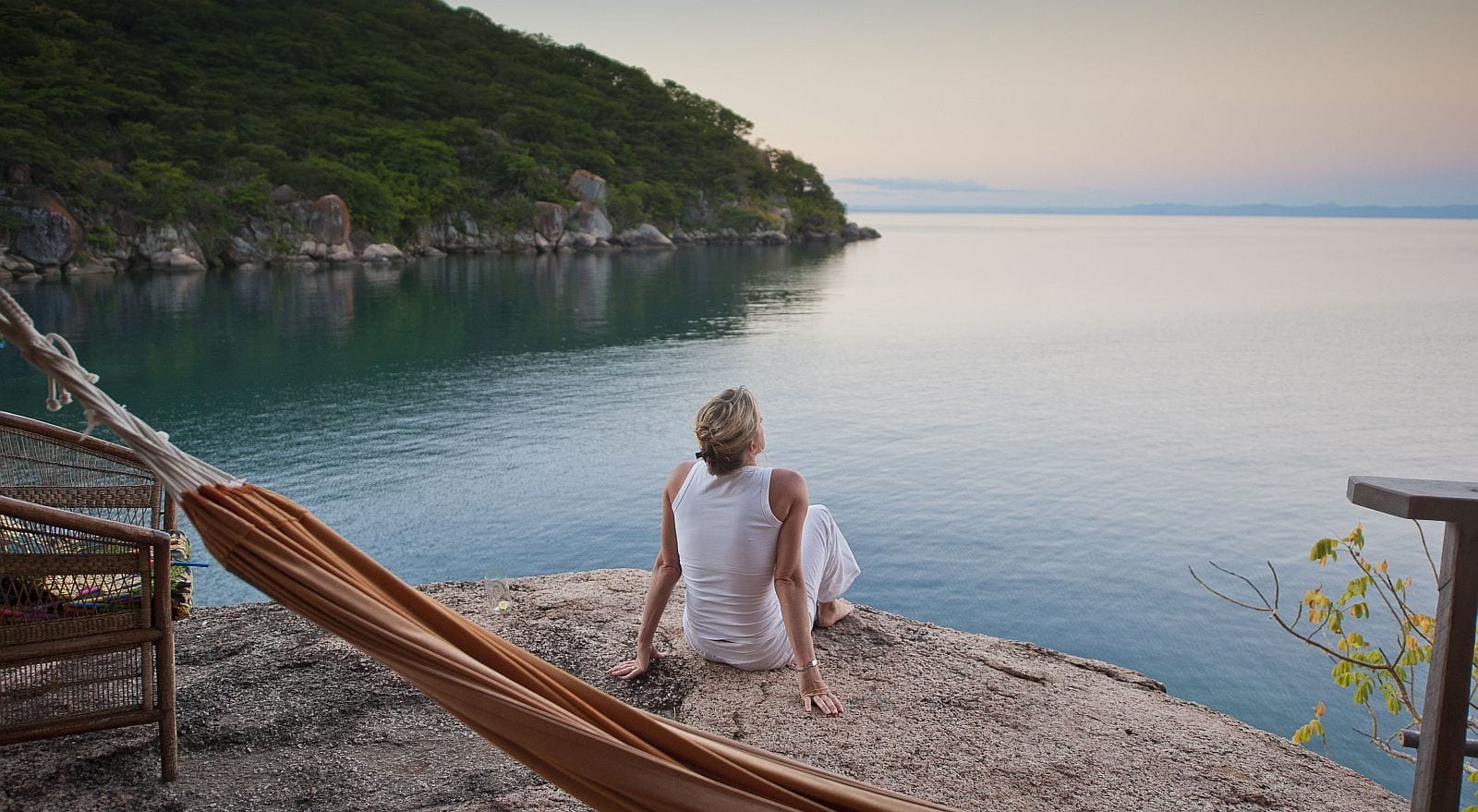You’ve decided to go on a solo trip to Africa for the first time. Congratulations! It’s not an easy decision to make. Many safari destinations in Africa are ideal for solo travellers, with group excursions and activities such as game drives and walking safaris on the list. Africa is a diverse continent with different regions, and many travellers choose to visit the south, east or north. The Indian Ocean is home to many beautiful islands, such as the Seychelles, Mauritius and Madagascar.
However, planning a trip to Africa requires careful consideration and preparation. A solo trip in Africa can be a struggle. This article will outline the top 10 tips to help solo travellers plan unforgettable tours across Africa, ensuring safety, enjoyment, and meaningful connections with the people and places encountered along the way.
Table of Contents
Can You Have a Solo Trip to Africa?
Yes, it is possible to travel solo in Africa. Many people do it and have rewarding experiences. However, it’s important to be aware of certain factors and take necessary precautions to ensure a safe and enjoyable trip. While solo travel in Africa can be a unique and exciting adventure, you may indeed attract attention as a traveller, especially if you are a woman and visibly different from the local population. Although you’ll hear the kissing sound in some regions as idle/boda men trying to get your attention, calling you “Muzungu”, do not mind them.
The term “Muzungu” is commonly used in East Africa in a friendly or neutral manner to refer to a white person. Although some countries are stable and safe, some remain unpredictable, so plan responsibly. It’s common to encounter curious stares or encounters with locals who may try to engage with you.
Which Countries in Africa are Safe for Solo Travel?
Botswana, wildlife-rich reserves like the Okavango Delta and Chobe National Park, is one of the safest African countries for a solo traveller. The country has a stable political environment and a well-developed tourism infrastructure. Namibia, Ghana, Eswatini, Rwanda, Seychelles, Uganda, Mauritius and Senegal are other African countries safe for solo travellers. Check them out and have fun to the fullest.
How Do You Plan a Trip For One Person?

Mumbo Island Camp – solo. Photo/
Cedarberg Travel.
Travelling solo might sound daunting, so research and select a safari suitable for you to make the trip successful and enjoyable. Here are steps to follow nailing your solo trip to Africa.
1. Research and Select a Suitable Destination
Africa is an expansive continent with diverse regions, each offering unique experiences. Research various countries and consider your interests, budget, and safety factors before choosing a destination. Popular choices for solo travellers include South Africa, Morocco, Kenya, Tanzania, and Egypt. For a seamless experience, ensure that all your travel arrangements, including transportation, accommodation, meals and transfers are all planned out in advance as far as possible.
2. Consult Travel Advisories and Obtain Travel Insurance
Stay updated on travel advisories issued by your government and seek advice from reputable sources. It is crucial to obtain comprehensive travel insurance to protect yourself from any unforeseen circumstances during your trip. Arrange comprehensive travel insurance that covers unforeseeable events such as personal liability, emergency medical situations, cancellations, missed flights, misplaced personal belongings or even natural disasters to give you peace of mind while on safari.
3. Plan Your Itinerary and Set a Realistic Budget
Create a well-structured itinerary that includes the activities and attractions you wish to explore. Allocate sufficient time for each destination and factor in transportation and accommodation costs—research local prices to set a realistic budget and ensure that you have adequate funds for your trip.
4. Choose Accommodation with Safety in Mind
When selecting accommodation, prioritize safety. Look for reputable hotels, guesthouses, or hostels with positive reviews and security measures such as 24-hour reception and secure locks. Consider booking accommodations in well-populated areas and close to public transportation. Before you book a safari lodge, check if they have a ‘single supplement’ policy. With a single supplement, a solo traveller might have to pay additional charges, as the room was meant to be shared by two people. Therefore, you look for lodges that don’t charge a single supplement to save money.
5. Pack Smart and Light
Packing essentials such as comfortable clothing, sturdy walking shoes, a first aid kit, insect repellent, and appropriate travel adapters are handy. Pack light to avoid excessive luggage and make your journey more manageable. Don’t wear flashy clothes or jewellery that will attract unwanted attention. Respect the local culture by familiarizing yourself with their customs and traditions. Pay attention to appropriate dress codes, especially when visiting religious sites or rural areas. Dress modestly and consider carrying a scarf or shawl for added versatility.
6. Learn Basic Local Phrases
While English is widely spoken in many parts of Africa, learning basic local phrases can go a long way in connecting with locals and showing respect for their culture. Familiarize yourself with greetings, common phrases in that region, and polite expressions.
7. Stay Connected and Share Your Itinerary
Maintain regular communication with friends or family members back home. Share your itinerary with them, including details of accommodations, transportation, and emergency contact information. This ensures that someone is aware of your whereabouts at all times.

Turkish traveller solo trip. Photo/Daily Sabah
8. Prioritize Safety and Personal Security
Ensure your safety by being cautious and aware of your surroundings. Avoid walking alone at night, especially in unfamiliar areas. Take reliable transportation options, and consider hiring a local guide for certain activities to enhance safety and local knowledge.
9. Stay Healthy and Prepare for Medical Emergencies
Consult your healthcare provider for necessary vaccinations and medications specific to the areas you plan to visit. Carry a small medical kit with essentials like painkillers, anti-diarrheal medication, and any prescription drugs you require. Drink bottled water and practice good hygiene.
10. Embrace Group Activities and Meet Other Travelers
To break loneliness, join group activities such as city tours, wildlife safaris, or cultural experiences. This offers the opportunity to meet fellow travellers and create new connections. Consider staying at accommodations known for their social atmospheres, such as hostels or guesthouses. Safari lodges have communal areas such as a dining room, lounge, bar, and deck, around the campfire where guests mix and enjoy exchanging safari stories. This is the perfect opportunity to meet others from all over the world.
You might also be grouped with other travellers for game drives and other activities on your solo travel. Go for smaller groups because they are easier to interact with. Fewer numbers in the group help create a comfortable and friendly environment.
Conclusion
Planning a solo trip to Africa requires careful consideration, but with the right preparation, it can be a life-changing experience. Solo travellers often prefer solitude. If you are one of them, consider visiting the African destination during the low season when it is less crowded. Low seasons are also a less expensive time of the year, which benefits those travelling alone.
Singles can embark on unforgettable adventures throughout Africa by researching destinations, prioritizing safety, respecting local customs, and embracing cultural exchange. Follow these top 10 tips, and you’ll be well-equipped to make the most of your Africa tour, creating memories that will last a lifetime.








